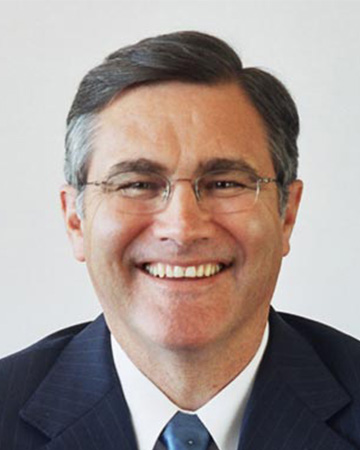Government improves and extends travel subsidies under the PATS system
24/3/02
Premier Geoff Gallop today announced in Broome that more regional Western Australians would benefit under improvements made to the Patients Assistance Travel Scheme (PATS).
Dr Gallop said the scheme guidelines had been streamlined and improved so that more country people would be able to access financial assistance when travelling to access specialist medical treatment.
The improved access and increased subsidies under the revised PATS scheme will take effect from July 1.
They represent the delivery of the Government's election commitment to review PATS and increase funding to the scheme by $4million during the four-year term of Government.
Dr Gallop said Kimberley people - who were often forced to travel long distances to access specialist health services - would benefit particularly under the revised PATS scheme.
Improvements to the scheme include:
- all people needing to drive more than 750km one-way to attend a specialist appointment will now automatically be provided with an overnight accommodation subsidy in order to break their journey. (Previously, not all patients were automatically entitled to the overnight accommodation subsidy);
- improved communication between country and metropolitan health services to ensure that patient travel and accommodation needs are better co-ordinated. This should ensure that patients who are discharged after-hours do not find themselves without either accommodation or transport at any stage of their journey;
- all PATS patients with concession cards, and their escorts, will be eligible to receive financial assistance for the return cost of transport from the airport to the specialist appointment or accommodation. Transport options include shuttle bus services, taxis and public transport. (Previously, not all patients were eligible for this assistance);
- the fuel subsidy for PATS patients travelling in a group of two or more in a large vehicle - such as a minibus or troupe-carrier - will be increased from 13 cents to 25 cents per kilometre. (The subsidy will be paid directly to the owner of the vehicle and is expected to assist remote Aboriginal communities in particular);
- pregnant women needing to drive more than 100km to see a GP trained in obstetrics will now be eligible to receive financial assistance towards their travel costs. (Previously, pregnant women were only able to claim remuneration if they attended an appointment with a specialist obstetrician);
- cancer and dialysis patients who need to travel more than 70km for specialist appointments will be eligible to claim the fuel subsidy. (Previously, only patients living more than 100km from the treatment centre were eligible for this assistance); and
- streamlining the application and payment process so that patients are reimbursed more quickly.
This takes the total PATS allocation to the Kimberley for the 2001-02 financial year to $2.01 million.
The Premier said that for the PATS review the Government had consulted widely with people throughout the State.
"PATS is a great system for regional Western Australians," he said.
"It gives people access to specialist services that are not locally or easily available to them.
"I am pleased to say that the Government has listened to people's concerns about the PATS system and, most importantly, we have acted upon them.
"The revised PATS scheme will be fairer, more accessible and have fewer anomalies and inconsistencies."
Premier's Office - 9222 9475



